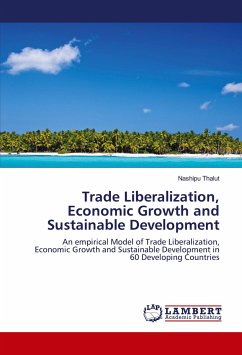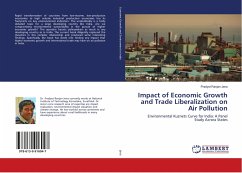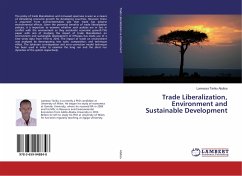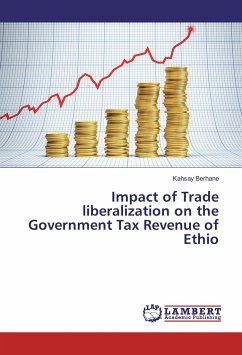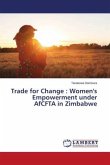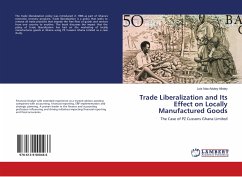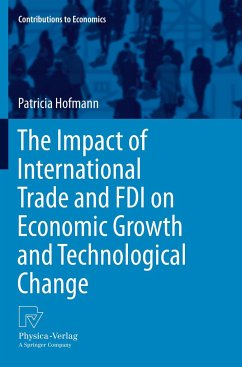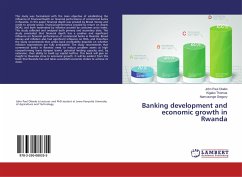Trade Liberalization play a key in the economic performance of the selected developing countries, though it tends to deteriorate the environmental qualities in these countries. Most developing countries rely on agricultural sector in growing their economy, limited restrictions in trade between nations usually result to exploitation of natural resources. But due to weak environmental policy in these countries, externality in production and consumption are not value at the market place. In additions, most developing countries becomes a pollution heaven for heavily polluted industries from developed countries. However, fair trade is possible if monitoring and regulatory agents are put in place not just by individual countries but host countries under bilateral or multilateral trade arrangements.

